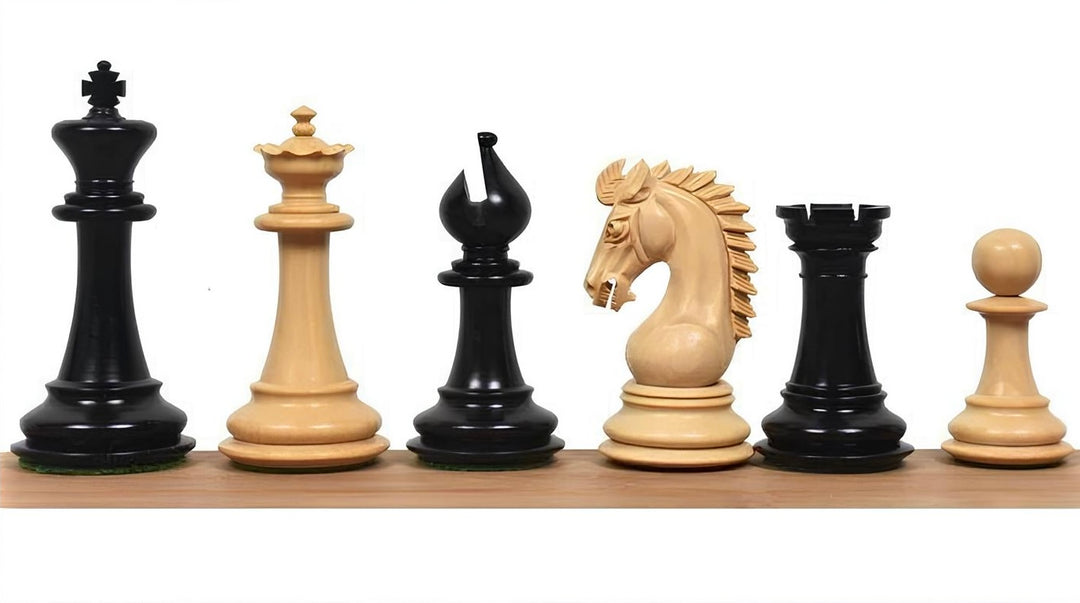Introduction to Analysis Boards in Chess
Chess, a game renowned for its complexity and depth, demands a high degree of strategic planning and foresight. Players, irrespective of their levels, constantly seek tools and methods to enhance their game. One such essential tool is the analysis board. An analysis board in chess is a platform, either digital or physical, that allows players to set up positions, explore different strategic scenarios, and analyze past games without affecting an ongoing game.
Functions of Analysis Boards
Analysis boards serve multiple functions that are crucial for improving a player's understanding of chess. These include examining game histories, experimenting with different strategies, and solving chess puzzles.
Game Review and Historical Analysis
One of the primary uses of an analysis board is to review games. Players can input moves from their own games or notable historical games to revisit key positions and understand strategic decisions. This historical analysis not only provides insights into classic strategies but also helps in recognizing common patterns and tactics used by chess masters.
Strategic Experimentation
Analysis boards allow players to experiment with different moves and strategies in a risk-free environment. This is particularly useful in middle-game scenarios where multiple strategies might be viable. Players can simulate various scenarios to see how differing approaches could change the outcome of the game. This kind of experimentation can lead to a deeper understanding of chess tactics and strategies.
Puzzle Solving
Many chess websites and software use analysis boards to present puzzles to players. These puzzles often involve finding the best move or sequence of moves in a given position. Solving these puzzles helps improve a player's tactical abilities and their overall calculating power.
Types of Analysis Boards
Analysis boards can be categorized mainly into two types: physical and digital. Each type comes with its distinct set of advantages and limitations.
Physical Analysis Boards
Traditional physical boards are the preferred choice for many purists who appreciate the tactile feel of moving pieces by hand. These boards require manual setup for each new scenario, which can help in memorizing positions and moves. However, physical boards lack the convenience and advanced features provided by digital boards.
Digital Analysis Boards
Digital boards, often integrated within chess software or accessible via chess websites, offer a more dynamic and feature-rich environment. Features like backtracking, move suggestions, and automated analysis powered by AI enhance the learning experience significantly. Moreover, they provide access to an enormous database of games played by other players and chess grandmasters from around the world, all accessible within a few clicks.
Choosing the Right Analysis Board
Choosing between a physical and digital analysis board largely depends on the player’s personal preference and goals. Beginners might find digital boards more appealing due to their interactive nature and immediate feedback mechanisms. Advanced players, however, may use both types depending on the depth and nature of analysis they are pursuing.
Best Practices for Using Analysis Boards
To maximize the benefits of using an analysis board, players should adopt certain best practices:
- Regular Practice: Regularly using an analysis board aids in reinforcing learning and improving player intuition.
- Focused Analysis: Instead of casually browsing through scenarios, players should focus on specific themes or strategies to deepen their understanding.
- Combining Physical and Digital: Integrating both physical and digital boards could potentially offer a more comprehensive learning experience, capitalizing on the unique benefits of each.
- Seeking Expert Guidance: Consulting a coach or a more experienced player when using an analysis board can provide insights that a player might miss when analyzing alone.
Conclusion
Analysis boards, whether physical or digital, are powerful tools in a chess player's arsenal. They facilitate a deeper understanding of the game through thorough analysis and experimentation. By choosing the appropriate type of board and adopting best practice approaches, players can significantly enhance their chess skills and strategic comprehension.
Explore our large collection of luxurious chess sets!


































Leave a comment